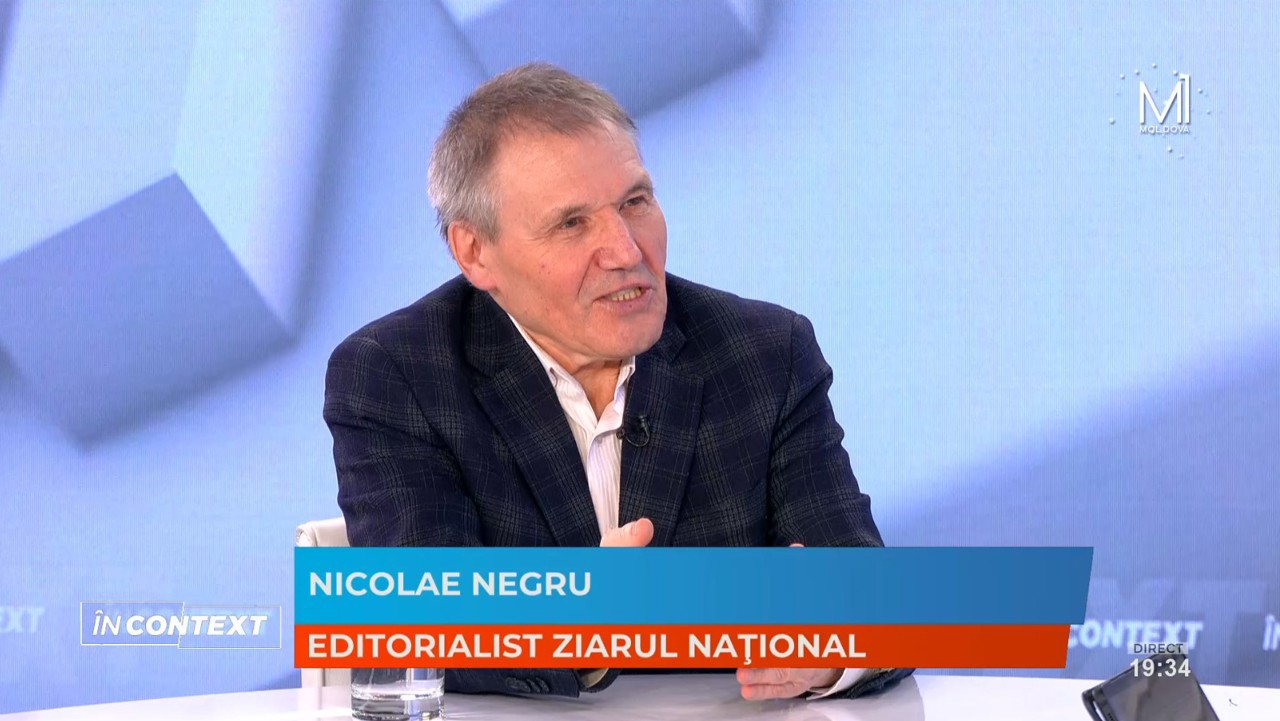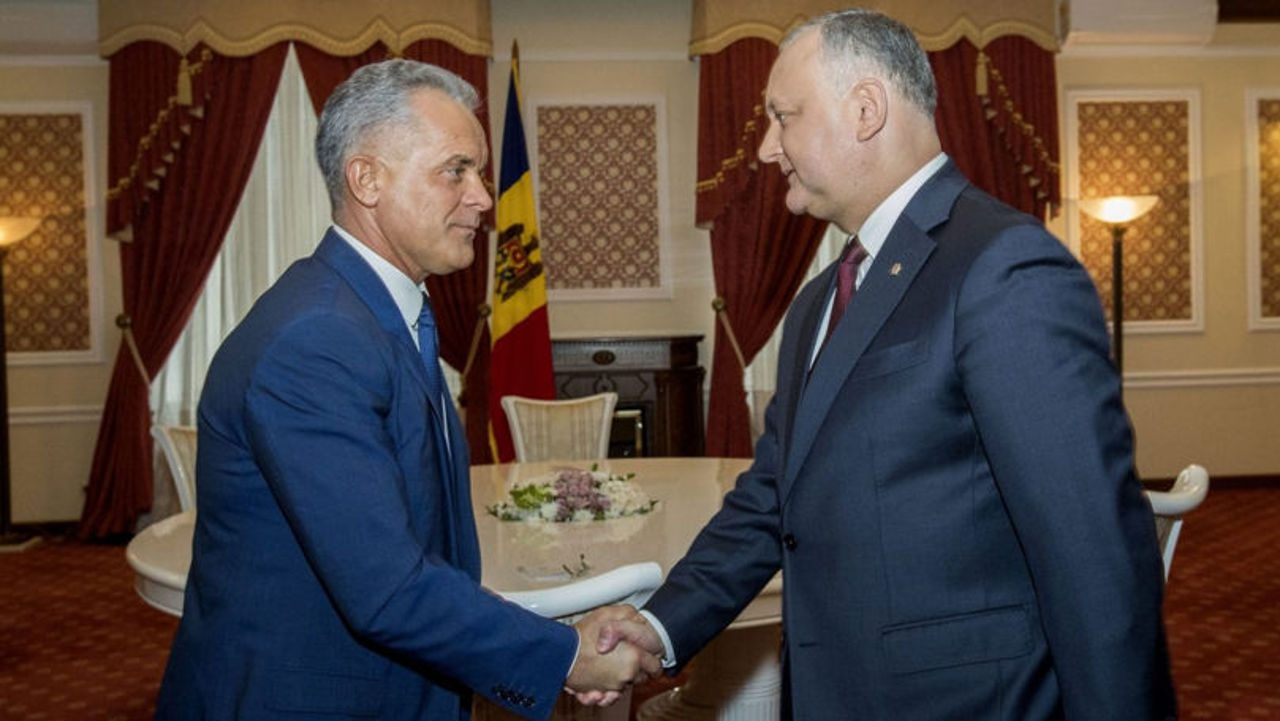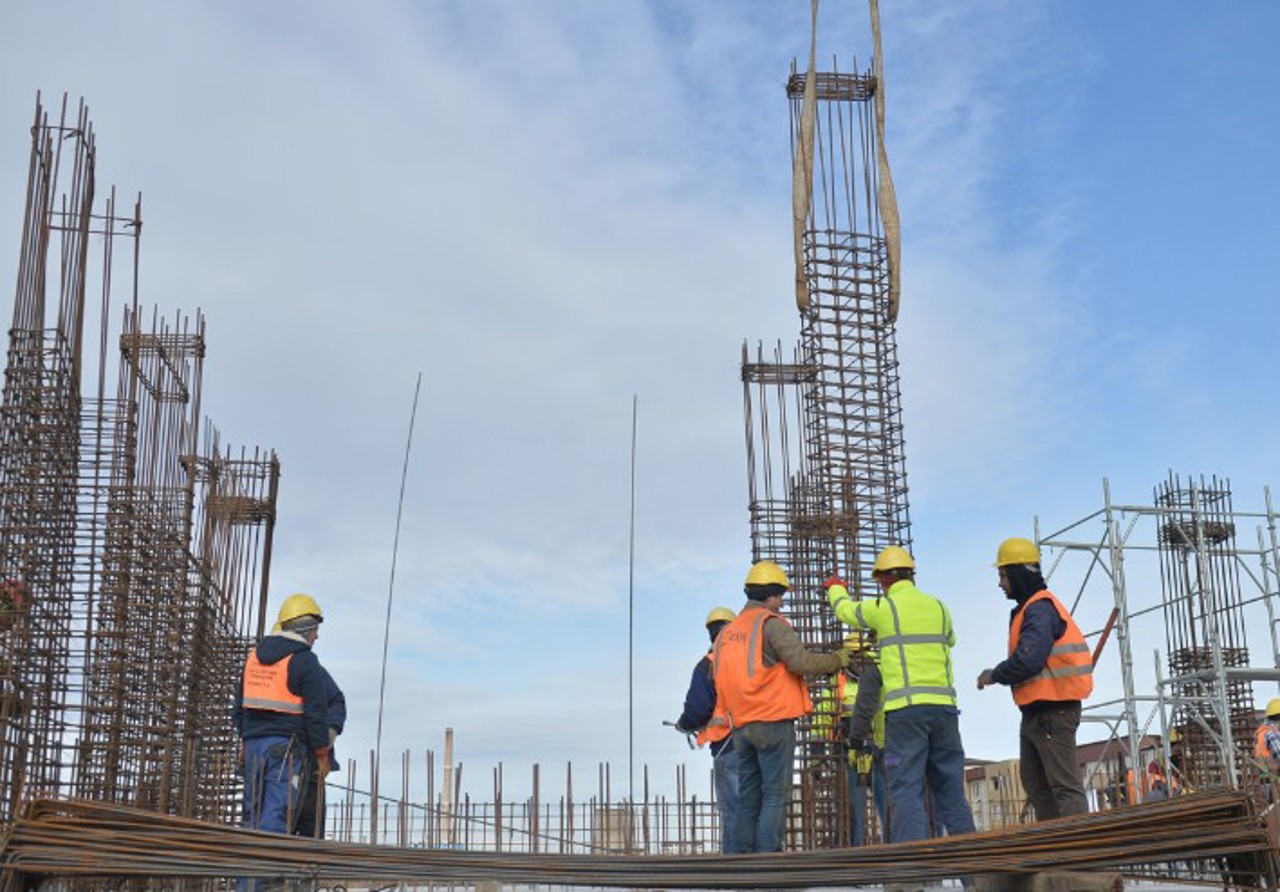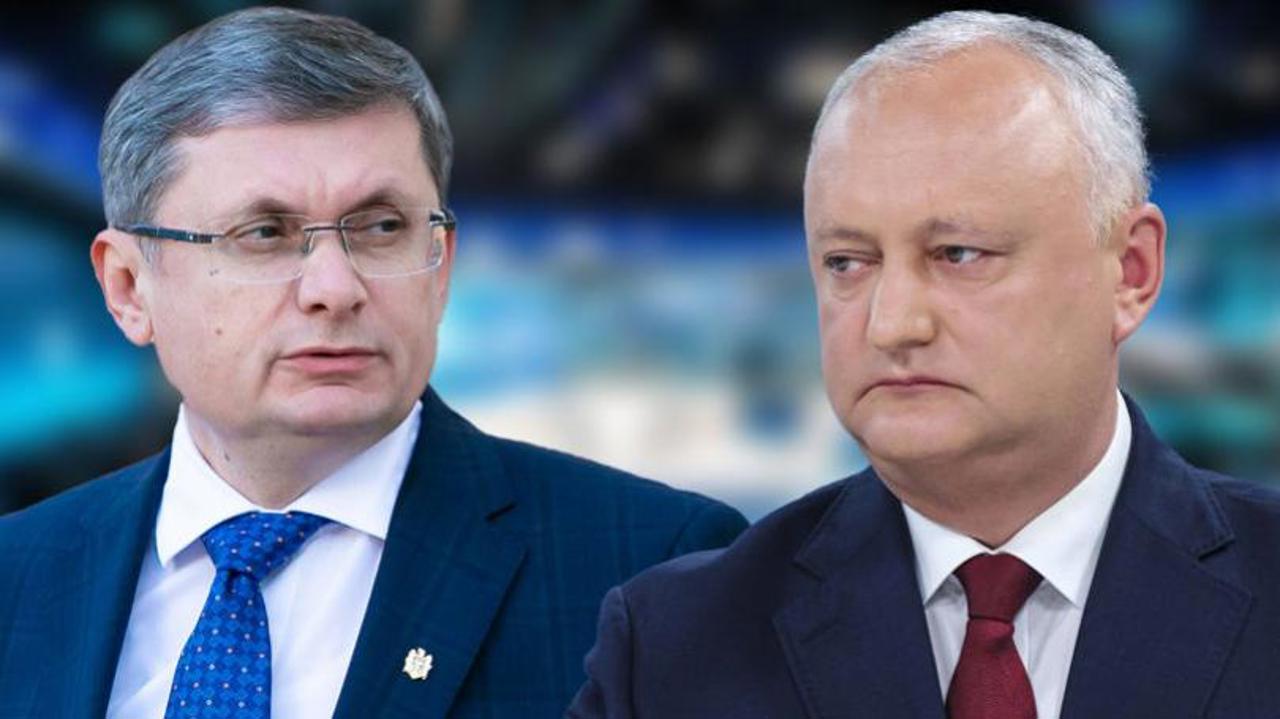Interview // Nicolae Negru: Unveiling Russia's Influence: Ilan Șor's Proxy Parties in Moldova
The Russian Federation's desperate involvement in the internal affairs of the Republic of Moldova, supporting an organised criminal group led by the sanctioned individual Ilan Șor, is asserted by Nicolae Negru, the editorialist of "Ziarul Național" (The National Newspaper).

Negru further stated in Moldova 1's news edition that Ilan Șor's satellite parties have been revealed in terms of their direction and financing, providing an advantage to state institutions to halt the flow of these funds and prevent the corruption of voters.
Moldova 1: As speculated, Ilan Șor is indeed in Moscow. He has launched a political bloc in the capital of the Russian Federation, intending to operate in Chișinău. The parties "Șansă" (Chance) and "Renaștere" (Renaissance), along with regional leaders from Gagauzia, will lead the bloc of the so-called "Pobeda" (Victory) opposition. My colleague, Lucia Vieru, has closely followed this development.
Lucia Vieru, Moldova 1 journalist: Therefore, while Chișinău awaits a response from Israel regarding the extradition request for the fugitive Ilan Șor, criminally convicted in the Republic of Moldova in the bank fraud case, the controversial politician has resurfaced in Moscow. There, he announced the establishment of the so-called "Victory-Pobeda" political bloc yesterday. This entity will bring together several satellite parties created from scratch by Șor or revived after last summer's Constitutional Court decision to outlaw his former party on charges of illegal financing and attempts to destabilise the Republic of Moldova in Russia's interest. Several representatives of the pro-European government in Chișinău have denounced the action as shameful, stating that a criminal organised bloc has been created in Moscow, serving specific interests. However, the fact that a controversial politician, whose extradition has been requested by our authorities, actively involves himself in domestic politics alongside his allies, some of whom are under criminal investigation, raises several questions. We have sought answers from state institutions, but so far, without success. The Central Election Commission representatives have stated that they do not comment on matters related to the creation of a political bloc. There have been no responses from the Prosecutor's Office or the SIS in Chișinău either. Previously, through Interpol, Ilan Șor was requested to be handed over to our authorities, but Russia responded that it would not extradite him for political reasons. We will continue to seek answers from the authorities in Chișinău regarding how a convicted criminal and his followers attempt to undermine the state directly from the capital, as some commentators suggest.
Moldova 1: We continue discussing this topic with political commentator Nicolae Negru, who is in direct contact with us. Mr. Negru, as my colleague mentioned, the creation of the so-called "Victory-Pobeda" political bloc was announced in Moscow by the fugitive Ilan Șor, criminally convicted in the Republic of Moldova, internationally wanted, and whose extradition has been requested multiple times by Moldovan authorities. Despite this fact, we observe that he increasingly appears in Moscow and actively involves himself in the internal politics of the Republic of Moldova. The somewhat natural question is how is it possible for these individuals, who are either already convicted or under criminal investigation, to travel freely and launch various political entities targeting upcoming elections?
Nicolae Negru: It is logically justifiable for them to travel freely as per the Constitution, as long as the court has not pronounced them guilty, implying innocence. Once a verdict is reached, state institutions must act accordingly. Currently, the situation remains logical.
Moldova 1: What could and should the authorities in Chișinău do in this regard?
Nicolae Negru: The political authorities in Chișinău are powerless as long as the judiciary remains silent. Though we have pending cases, there's no progress. From my perspective, our Prosecutor's Office and judges lack zeal or fail in their duties. Therefore, the authorities can only make appeals.
On the other hand, we see Moscow openly, directly involving itself in the internal affairs of the Republic of Moldova. It supports Șor, despite being a bona fide criminal, incites Comrat against Chișinău. This, on the other hand, speaks of Moscow's weakness, of its desperate state. And this gathering that took place in Moscow could have been held in Chișinău, but probably Șor wanted to show the FSB or Russia's intelligence services where the money is being spent. Some of those who were there, at this so-called congress, were formerly members of other parties, such as the Party of Socialists. I remember last summer, the Party of Socialists made a statement regarding Șor's attack on their party, speaking about an organised mafia group paid by Șor. Now, this organised mafia group has moved to Moscow, is directed from Moscow, and in a way, this benefits our state institutions, which fight against destabilisation. It benefits in the sense that they know who the perpetrators are, they know where the money comes from, it remains only to stop the flow of these funds and not allow the corruption of voters.
Moldova 1: So, what is the stake of the so-called political bloc directly subordinated to Moscow, and what is its status? I ask this because the Central Election Commission says it cannot intervene because it concerns a political bloc, not an electoral one.
Nicolae Negru: Well, it is a political bloc. Indeed, the Central Election Commission cannot intervene. Its status is a regular one. That is, there are politicians who participate in political processes in Moldova. They can operate freely within the country until proven guilty by the judiciary.
Translation by Iurie Tataru




